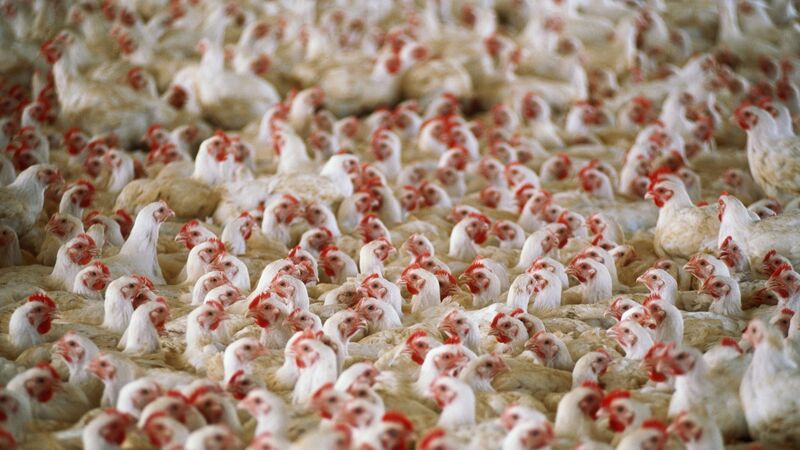Irish bird owners warned to take precautions after bird flu cases in The Netherlands

Poultry owners are warned that the virus can spread from the wild bird population to poultry farms. Picture: Getty Images.
Poultry owners in Ireland are warned of two confirmed cases of the highly infectious avian influenza (bird flu) in The Netherlands.
The first confirmed case was identified in a mute swan which was found dead in the Groene Hart region of central Netherlands on October 20 and a second case was confirmed in a Eurasian widgeon on October 26. Bird Flu is a contagious and often fatal viral disease of birds.










